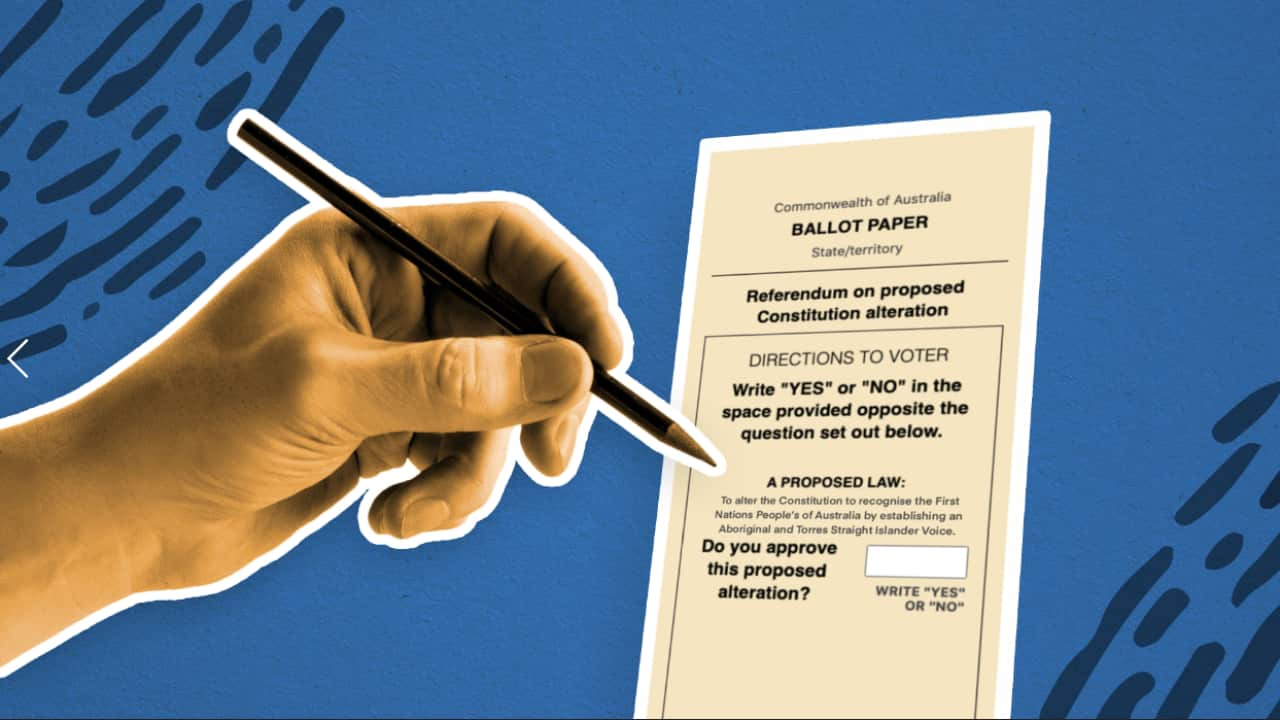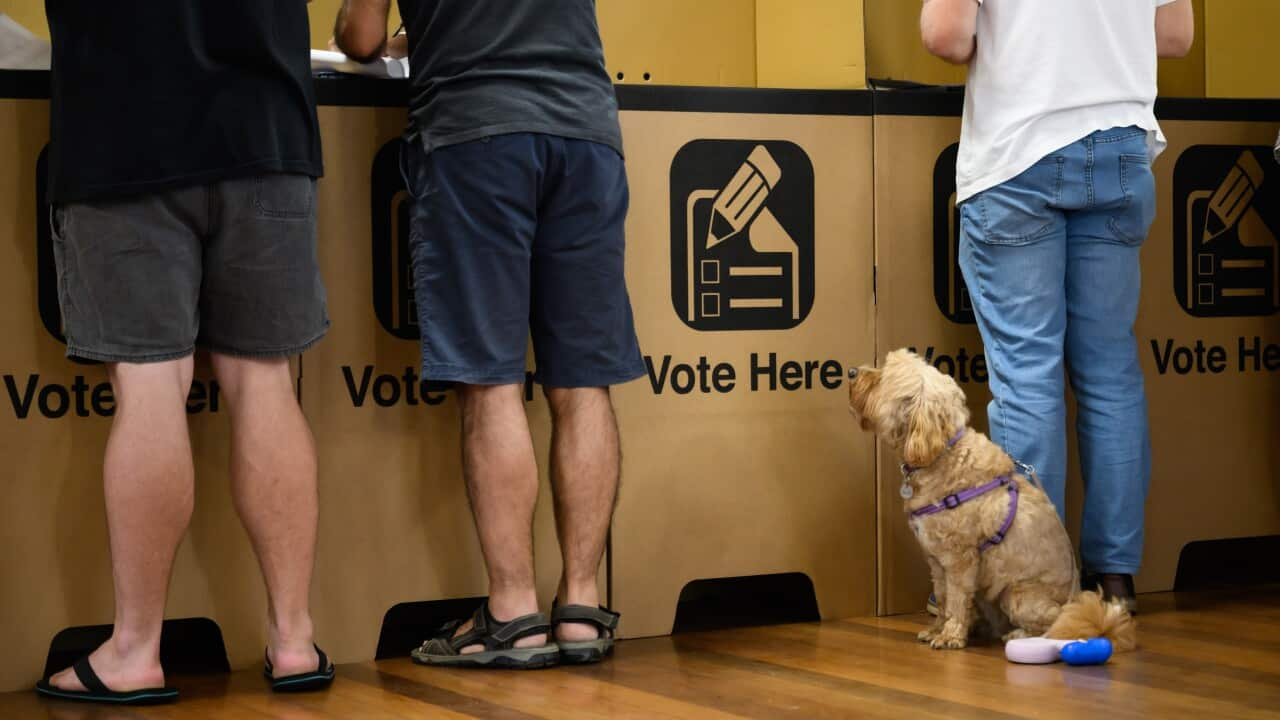Key Points
- A journalist told the Prime Minister Australians don't "get" the Voice.
- In response, the PM said the Voice would simply be an advisory group on issues that affect Aboriginal people.
- Anthony Albanese said it would not impact most voters' day-to-day lives.
Prime Minister Anthony Albanese has described the Indigenous Voice to Parliament as "just an advisory group", in response to claims from a journalist that Australians don't know what it is.
A common argument from the No campaign, which has been repeated by Opposition leader Peter Dutton, is that Australians have no idea what the referendum on 14 October will be about.
Hours after Albanese announced the official date on Wednesday 30 August, Ally Langdon's sit-down interview with him was broadcast on Channel Nine.
She said people in her circle, namely her parents and their friends, didn't understand the Voice.
“Their judgement is, 'We don’t get this. We don’t know what it is. It’s wishy-washy',” Langdon said.
“There’s this Voice, but ... it doesn’t have any real power. It doesn’t have any real legs. It can change over time and might look different in a decade to what it is now and that scares people.
Albanese said it would not impact most voters' day-to-day lives. The Voice was about “faith, hope and love and, indeed, it is about bringing Australia together. It is positive,’’ he added.
“It is just an advisory group. It is no more complicated than that. It is an advisory group on matters that affect Aboriginal and Torres Strait Islander people."
Albanese said that people, such as those from faith groups, who had inquired about the Voice later came to a positive position.
“But I’m not sure people who are undecided and who are No people simply haven’t looked at it,’’ Langdon said.
A mixed response on Twitter/X
Nine’s director of news and current affairs, Darren Wick, told news.com.au: “Ally did an excellent and professional job by asking the questions that the majority of Australians have long wanted answered.”
However, some users on X, the social media platform formerly known as Twitter, accused Langdon of trying to "bring down the referendum."
One Nation senator Pauline Hanson, who is in favour of a No vote, said the Voice would be more than an advisory body.
"Anthony Albanese told Ally Langdon on that was 'just an advisory body,' Hanson wrote.
"But listen to Voice architect Pat Anderson explain how this 'advisory body' won't work like a normal advisory body, it will 'share power with the parliament of the day'."
While the Voice won’t be able to veto proposed bills or policies, it will be able to shape them from the start, advocates say.
Under the current proposal, there would be no legal requirement for the government to follow the Voice’s advice.
On Thursday, Dutton said the $450 million cost of the referendum could be better spent helping families or small businesses.
"I cannot find a time when a Prime Minister has proposed a bigger change to the constitution without being able to explain what it is about," he told 2GB radio.
Dutton said that, if the government had offered a simple question of recognising Indigenous people in the constitution, "the public in 2023 would support it overwhelmingly".
Albanese told reporters in Hobart that the Voice "should be a moment of national unity, and I'm pleased that every premier and chief minister is supporting a Yes vote".
"This isn't something that's come from the Labor Party or the Liberal Party, this is something that has come from Aboriginal and Torres Strait Islander people themselves."
- With additional reporting by AAP.
Stay informed on the 2023 Indigenous Voice to Parliament referendum from across the SBS Network, including First Nations perspectives through NITV.
Visit the to access articles, videos and podcasts in over 60 languages, or stream the latest news and analysis, docos and entertainment for free, at the .











